What is a timing chain?
A timing chain is a very important internal part of an engine. It keeps the valves in perfect sync so they open and close at the right time. Modern BMW engines are known as “interference engines” which means that if the timing of the engine were not kept perfectly by the timing chain, pistons could collide with the valves and cause severe engine damage.
Production of the N47 common rail diesel engine began in 2007. In mid-2009, modifications were made to the chain design which did reduce the likelihood of failure but did not eliminate it. The main problems with the N47 timing chain.
Do I need to replace my N47 timing chain?
BMW engines have for a long time used a timing chain rather than a cam belt design. This is largely to give the owner confidence that it is a “lifetime” part and therefore a non-serviceable item, reducing costs as a result. The N47 had the timing chain placed at the rear of the engine as BMW felt that access to it would not be needed for the life of the vehicle. BMW usually consider lifetime to mean 100,000 miles.
Replacement of the timing chain on the 1 series, 3 series and 5 series engines always require removal of the engine. Depending on the RPM at the time of failure, the engine may have significant damage to the pistons and head assembly which would incur further cost which would only be known by fully striping the engine, we at Halpinautos endeavor to save the original engine to keep the costs lower and to fully warranty our workman ship.
It is important to have your vehicle inspected if you notice any symptoms of the timing chain failing, as if you have the chain replaced before it has snapped you are less likely to suffer catastrophic damage to internal engine components.
in were noted until 2011 although there are still, albeit fewer, reported problems after this.
In 2014, BMW replaced the N47 engine with the B47 which uses same chain design but left the poor reputation of the N47 behind.
After years of experience of working with this problem in and out of the dealer network I have found that a lack of servicing is the main cause of this problem, excessive wear on the diesel pump sprocket causes it to dig into the timing chain and in turn causes excessive wear on the chain. BMW say there is no manufacturing problem with the engine / timing chain in a official statement which keeps them from applying a recall.
Common signs your N47 timing chain may be failing
Tell-tale signs of problems with your timing chain will be a rattling or even metallic sounding noise from the rear of the engine nearest the windscreen, usually you can hear the noise when holding the revs at around 2,500 rpm to 3,000 rpm.
Due to the extra stress on the timing chain when cranking, it is unsurprisingly common that so many BMW N47 owners report non-start issues after stopping and the restarting but this fault can happen under any driving condition.
Prevention of N47 timing chain failure?
Regular servicing is important with any engine but even more important with BMW N47 engines. It is recommended to service these engines around every 6,000 miles as old oil does not lubricate as well and high temperature oil turns to carbon.
These lumps of carbon move around the engine and can block nozzles which would be keeping the timing chain lubricated and running smoothly. It is also important to know the signs of timing chain failure, such as the distinctive noise you will hear so you can get your BMW repaired sooner rather than later.
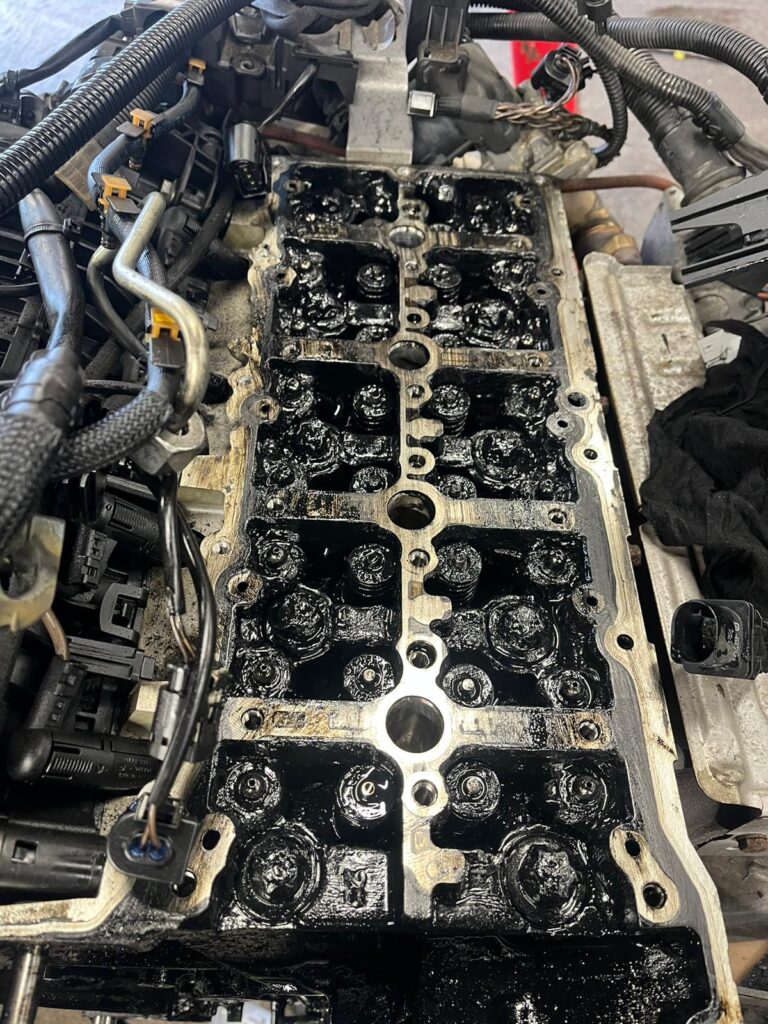
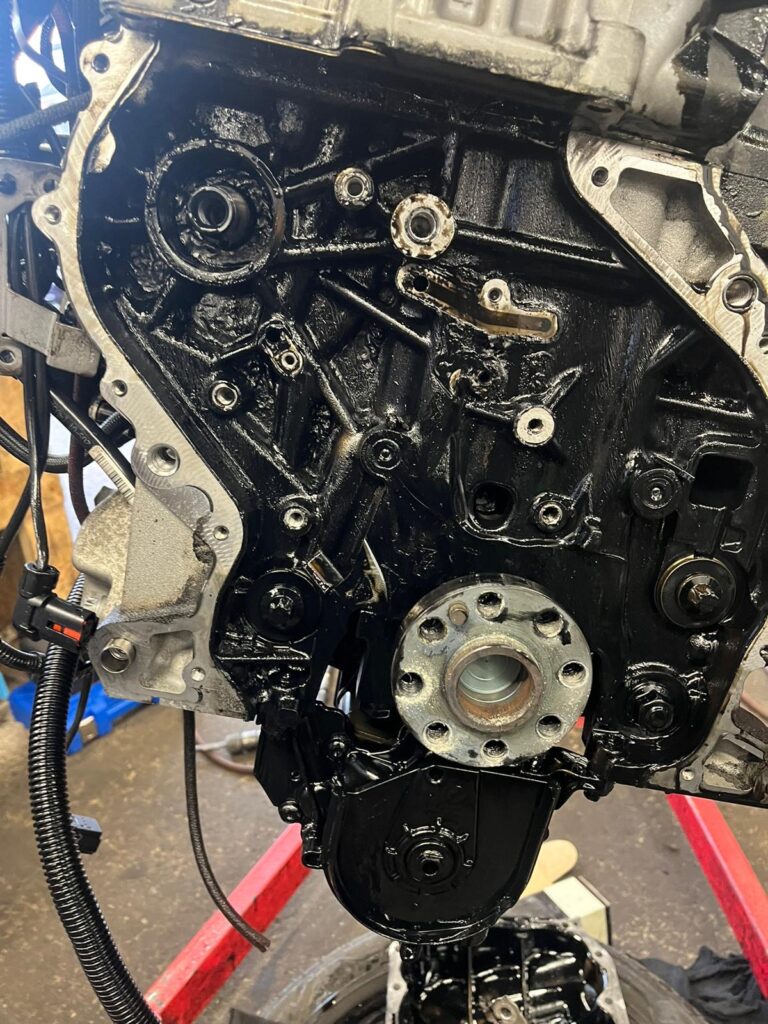
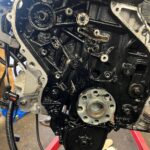
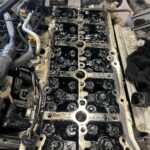
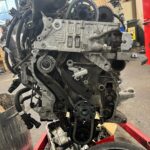
That was fascinating, thanks for sharing .. I had mine replaced around a year ago .. I guess the previous owner hadn’t had it serviced regularly ..
Do they tend to fail even if they are serviced ? Or does this eliminate the issue entirely ?
Hi Kev, this fault in my experience is mostly caused by a lack of maintenance, we have had instances where there has been no signs of oil deposits within the engine and my theroy is that the timing chain tensioner has become weak and creates slack in the chain which then breaks the timing chain guides.
As I said in the blog I have owned BMW’s for years and never had a issue by chaning the oil every 6,000 miles with 5w30w c3 504 507 spec, BMW recommend 0w 30w in my opinion this is too thin for a diesel engine. regards sam